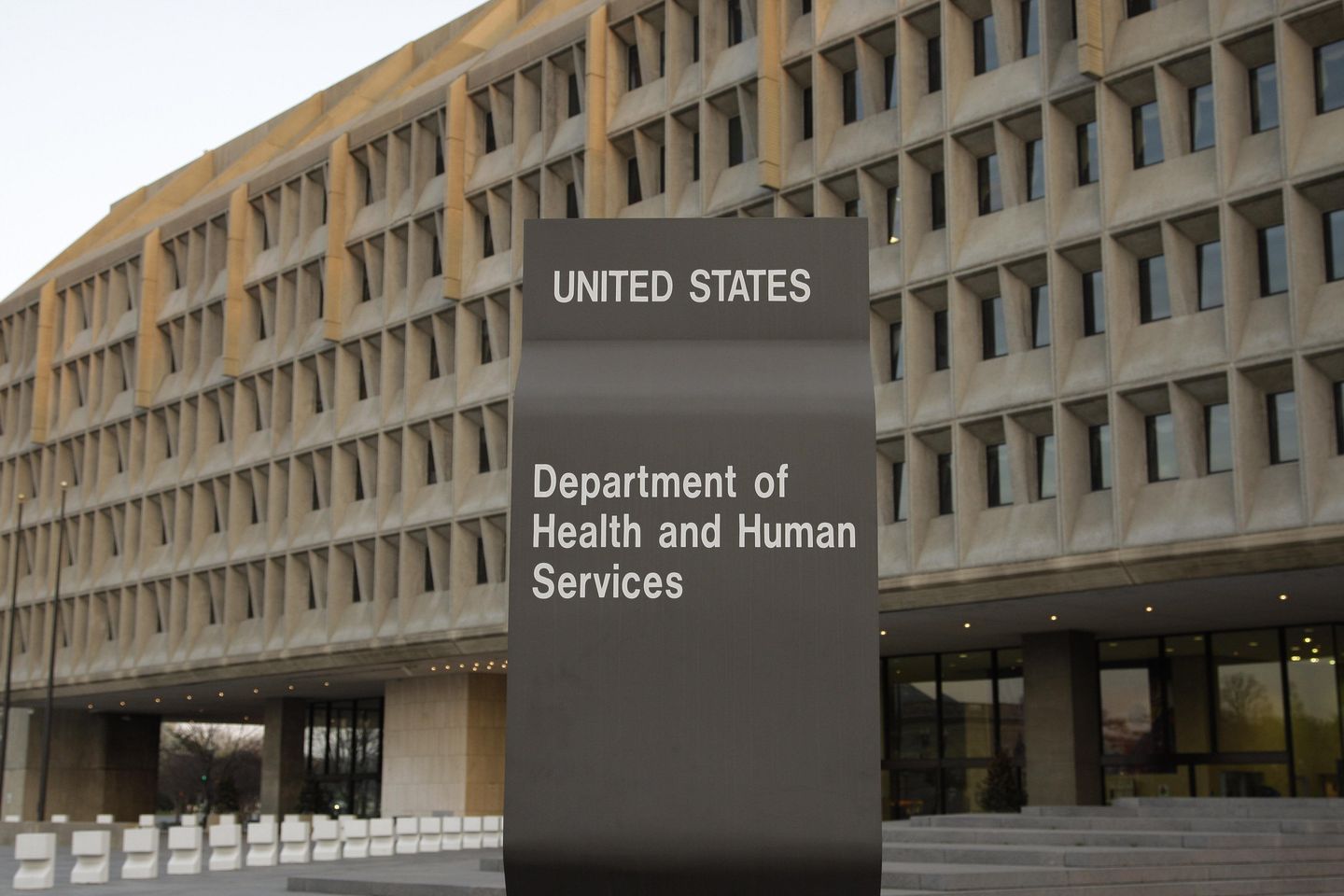
The Supreme Court on Monday weighed arguments about the validity of a federal health task force in a case that could have major implications for preventive care.
At issue is whether the structure of the Health and Human Services Department panel, which decides what preventive care is covered by insurance companies, is constitutional under the Affordable Care Act, and whether members are “inferior officers” or “principal officers,” which matters in who appoints them.
The case could have major implications for the types of preventive care, such as cancer screenings, immunizations, medications to prevent HIV, physical therapy and newborn medications, that are covered at no cost to patients.
The Health and Human Services secretary — currently Robert F. Kennedy Jr. — has been the official to appoint members in the past, according to court records. The task force is composed of 16 individuals, who serve four-year terms. It was first convened in 1984 and consists of experts who recommend which preventive services are necessary.
The justices during Monday’s arguments struggled with the structure and authority of the task force and how the task force, which is supposed to be able to make decisions without political pressure, can make those choices when the members can be fired at will by the health care secretary.
According to the government, the health secretary also has authority to sign off on what the task force does.
“What the task force does is fairly technical, medically and scientifically. I mean, is the secretary really supposed to be in the position of going down the line and saying, ‘Yes, I mean, I know you think we should use this particular thing with this atomic structure and stuff but I have a different view on that,’” said Chief Justice John G. Roberts Jr.
Meanwhile, Justice Clarence Thomas said it seemed like an “odd delegation” of power.
“Isn’t that an odd delegation?” Justice Thomas said. “Can you give me an example with another body that is selected that way?”
“Uhh,” responded Hashim Mooppan, principal deputy solicitor general, arguing that the task force does not violate the Constitution’s appointment clause. “Not off the top of my head.”
The case came to the high court after lower courts sided with individuals and small businesses who objected to the requirement that group health plans cover preexposure prophylaxis, which is used to prevent HIV. They object based on religious grounds.
They argued that the task force, which suggested the medication be part of the preventive coverage, is unlawful because members have not been appointed by the president and confirmed by the Senate.
They also say the panel lacks independence when recommendations can be accepted or denied by the health secretary.
“Congress has chosen to create an independent task force and shield it from political pressure,” said Jonathan F. Mitchell, representing the challengers to the task force’s construction. “The secretary can come in and influence the task force.”
Mr. Mooppan told the justices that the task force members don’t need to be appointed by the president and confirmed by the Senate because statute supports the secretary selecting the members, who he oversees.
“It is vested by law in the secretary,” he said.
The case is Robert F. Kennedy Jr. v. Braidwood Management. A decision is expected by the end of June.












